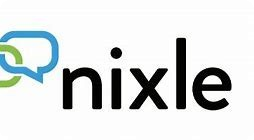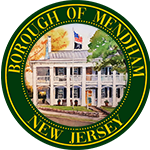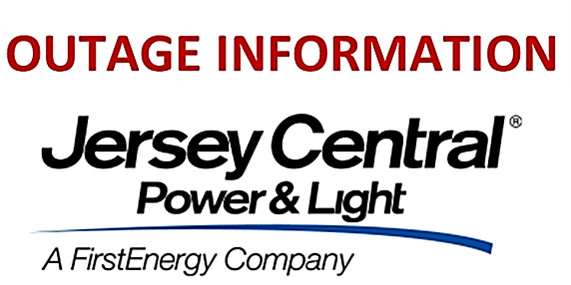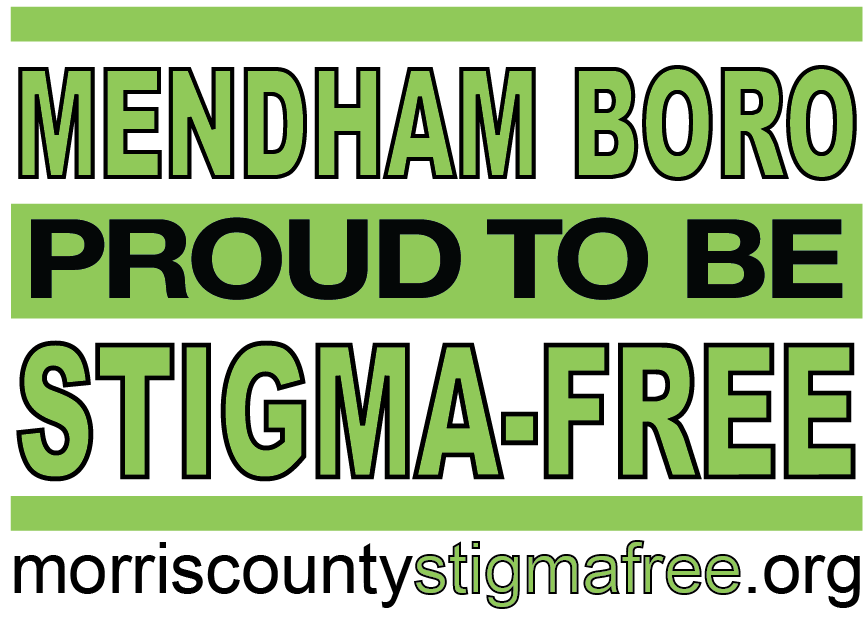Clean Communities Program~Events
Page Navigation 

Close
- Clean Communities Program~Events
NJ Clean Communities Overview
- New Jersey Clean Communities is a statewide litter-abatement program created by the passage of the Clean Communities Act in 1986.
- The program is managed by the New Jersey Department of Environmental Protection, Department of Treasury, and Clean Communities Council.
- It is supported by local governments, businesses, community organizations, schools and individuals who work together to keep New Jersey clean.
- The mission is to reduce litter in public places, promote the volunteer cleanup of public lands and sustain a reduction in litter through education.
- The Clean Communities Act, passed first in 1986 and later in 2002, establishes a funding mechanism for the program by placing a user-fee on manufacturers, wholesalers and distributors who may produce litter-generating products.
- The user-fee, collected by the Department of Treasury and disbursed by the Department of Environment Protection, generates approximately $20 million each year.
- $375,000 is disbursed to the Clean Communities Council for the implementation of statewide education related to litter-abatement.
- Of the balance, 80 percent goes to 559 municipalities, 10 percent goes to 21 counties, and 10 percent goes to the Division of Parks and Forestry located in the Department of Environmental Protection.
- The Borough of Mendham receives an annual grant based on population, housing units and road mileage.
- The program at the local level focuses on three areas
- Clean-up
- Education
- Enforcement.
Tackling the Litter Problem
-
What is litter?
-
Litter is solid waste that is out of place. It's the kind of trash found on highways, lakefronts, parks, and school grounds. Litter takes many forms: paper, plastics, metal cans, cigarette butts, glass, food packaging, tires, and graffiti.
-
-
Where does litter come from? There are seven sources of litter: pedestrians, motorists, overflowing household garbage, commerical dumpsters, construction sites, uncovered trucks, loading docks and marinas. Litter is often blown by the wind until it is trapped somewhere, as along a fence or down a storm drain.
- Why do people litter?
- People tend to litter when they think someone else will clean up, when an area is already littered, and when they do not feel a sense of ownership or community pride.
- Why is litter a problem?
- Even small amounts of litter are unsightly, unhealthy and dangerous. Litter causes blighted landscapes resulting in an increase in taxes and a decrease in tourism and industry; loss of civic pride and morale; and a negative public image. Litter can also cause disease in people and animals, fires, and accidents, especially on roadways.
- How are we solving the problem?
- The majority of the Clean Communities Program Fund is allocated to local governments, so it is incumbent upon those agencies to carry out effective litter abatement programs. These programs include the volunteer clean-up of public lands, enforcement of anti-litter laws, and education of children and adults. In addition to the efforts of local governments --residents, schools, civic associations, and non-profit organizations are enlisted as volunteers to help with clean-up events and become environmental stewards.
The Borough of Mendham Clean Communities Program
-
The Borough of Mendham Clean Communities program is part of a statewide strategy to clean and prevent litter on streets, beaches, waterways, parks, recreation sites and vacant lots.
-
Annual Clean Communities Grant funds are used for educational programs, supporting clean-up events and implementing the adopt-a-road and mini-grant programs.
Interested in Forming a Community Clean Up Event?
- Mendham Borough Clean Communities Program is looking for volunteer groups to participate in special litter pick-up days throughout the year.
- Mini-grants are available for groups, organizaitons and clubs that wish to participate.
- For More Information Please Contact:
- Deborah Holly, Clean Communities Coordinator
- dpw@mendhamnj.org
- 973-543-6535 #31










.jpg.png)



